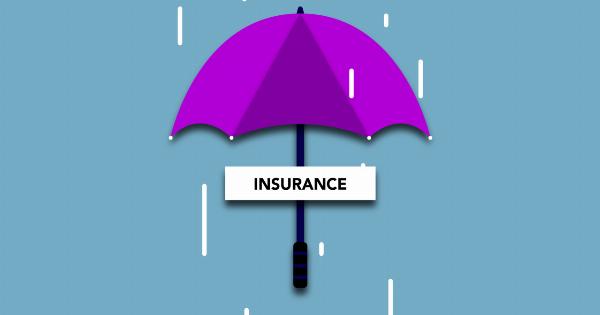Dealing with a serious illness is tough enough, and the last thing you want to worry about is how you’re going to pay for your medical bills or any unforeseen expenses that might arise.
Unfortunately, medical emergencies can often put a strain on your financial situation, leaving you feeling overwhelmed and stressed.
Thankfully, there are ways to address financial emergencies during a serious illness. Here are some helpful tips to help you cope:.
1. Create a Budget
One of the most important things you can do when dealing with a financial emergency is to create a budget. This will help you get a clear understanding of your expenses and how much money you have coming in each month.
Start by listing all of your essential expenses, such as housing, utilities, and transportation. Then, make a list of your discretionary expenses, such as entertainment and dining out.
Once you have a budget in place, you can identify areas where you can cut back and save money, which can be used to pay for medical expenses or other financial emergencies.
2. Talk to Your Creditors
If you’re struggling to pay your bills due to a medical emergency, don’t be afraid to reach out to your creditors.
Many creditors are willing to work with you to come up with a payment plan or defer payments until you’re back on your feet.
When you talk to your creditors, be honest about your situation and provide them with any documentation they may need to verify your medical emergency. This can include medical bills or a letter from your doctor.
3. Consider a Personal Loan
If you need money quickly to pay for medical expenses or other financial emergencies, you may want to consider taking out a personal loan.
Personal loans are unsecured loans that are based on your creditworthiness, so you don’t need to put up collateral.
Before you take out a personal loan, be sure to shop around for the best interest rates and terms. It’s also important to only borrow what you need and to make sure you can afford the monthly payments.
4. Use Credit Cards Wisely
If you must use credit cards to pay for medical expenses or other financial emergencies, be sure to use them wisely. Try to pay off the balance in full each month to avoid high interest charges.
It’s also important to only use credit cards for necessary expenses and to avoid overspending.
5. Look for Assistance Programs
There are many assistance programs available to people dealing with a serious illness. These programs may be able to help you cover the cost of medical bills, prescription medications, or other expenses related to your illness.
Some assistance programs are offered by nonprofit organizations, while others are run by the government.
To find out what programs are available in your area, contact your local department of social services or a nonprofit organization that specializes in helping people with serious illnesses.
6. Get Financial Counseling
If you’re feeling overwhelmed by your financial situation, consider getting financial counseling. A financial counselor can help you come up with a plan to pay off your debts, build up your savings, and develop a budget that works for you.
Many hospitals and medical centers offer financial counseling services to patients and their families. You can also find a financial counselor through nonprofit organizations or by contacting a certified financial planner.
7. Consider Short-Term Disability Insurance
If you’re unable to work due to a serious illness, you may be eligible for short-term disability insurance.
This type of insurance provides you with a portion of your salary while you’re unable to work, allowing you to continue to pay your bills and cover the cost of medical expenses.
Short-term disability insurance is typically offered through employers, but you can also purchase it on your own. Be sure to read the terms and conditions carefully before purchasing any insurance policy.
8. Build an Emergency Fund
One of the best ways to prepare for a financial emergency is to build an emergency fund. An emergency fund is a savings account that you can tap into when you need money for unexpected expenses.
Try to save enough money to cover at least three to six months of expenses. This can help you avoid going into debt or having to rely on credit cards or loans to cover the cost of medical bills or other financial emergencies.
9. Don’t Be Afraid to Ask for Help
If you’re struggling to pay for medical bills or other expenses related to a serious illness, don’t be afraid to ask for help. Reach out to friends and family members to see if they can offer any financial assistance or support.
You can also consider setting up a crowdfunding campaign on a site like GoFundMe or Kickstarter to raise money for your medical expenses. Just be sure to promote your campaign on social media and other channels to reach as many people as possible.
10. Take Care of Yourself
Finally, it’s important to take care of yourself during a financial emergency and a serious illness. Make sure you’re getting the medical care you need and that you’re taking steps to manage your stress and anxiety.
Take time to practice self-care activities that you enjoy, such as meditation, yoga, or a relaxing bath. Remember, taking care of yourself is just as important as taking care of your finances.

























